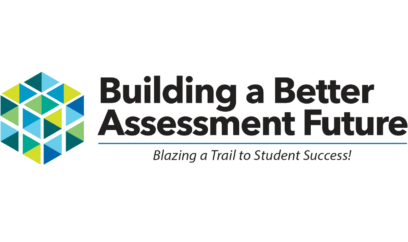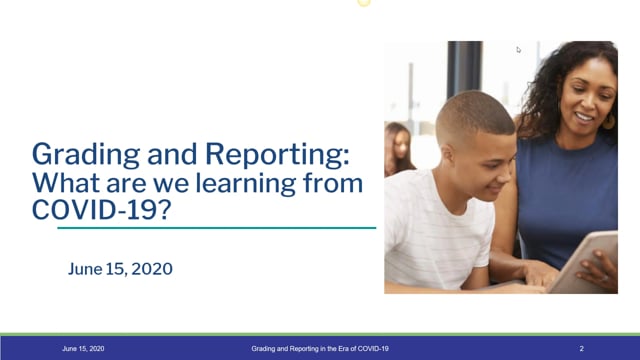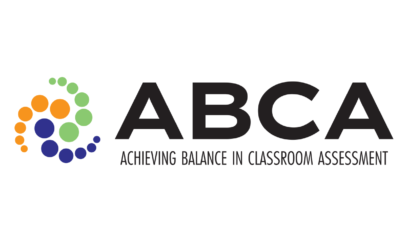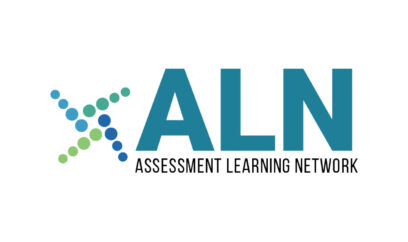
Building a Better Assessment Future 2025
August 5 - 6, 2025At the 2025 Building a Better Assessment Future conference, we are placing students at the center of our assessment systems, practices, and policies. Join us…

Webinar Purpose:
We know that assessment—regardless of where the learning takes place—plays an essential role in learning. Yet schools and families have experienced challenging circumstances during their quick transition to distance learning in Spring 2020 when they began operating in accordance with brand new Continuity of Learning and COVID-19 Response Plans. Those Plans compel districts to assure they will “manage and monitor student learning and plan what’s next for learning including the potential need for summer and supplemental learning.”
The MAC’s Important Considerations for Student Assessment and Reporting/Grading Policies and Guidelines in District Continuity of Learning Plans suggest a way for districts to meet Michigan’s required assurances by:
These grading and reporting recommendations bring mixed blessings. They amplify a focus on instruction, targeted and specific feedback, practice, and growth. However educators lack abundant examples of narrative report forms, and professional time to figure this out together is scarce. Plus, schools and the families they serve vary a great deal with respect to existing time, resources, and infrastructure.
The second in a series, this webinar will continue to address the challenges associated with grading and reporting in the era of COVID-19 through the following objectives:
Related Learning Opportunity: It’s not too late to register for MAC Reads 2020!
Join a collaborative learning opportunity for educators who have the passion and zeal for examining their own and/or their district grading practices unearthed through the reading of the MAC Reads! 2020 book, How to Grade for Learning: Linking Grades to Standards, 4th Ed. Author, Ken O’Connor.
Event Resources
Grading and Reporting: What are we learning from COVID-19? – June 15, 2020


At the 2025 Building a Better Assessment Future conference, we are placing students at the center of our assessment systems, practices, and policies. Join us…

Facilitate classroom-level, assessment-literate practice to improve student learning & achievement! Districts that implement—with fidelity—quality balanced assessment systems in every classroom show improved student learning and…

The Assessment Learning Network (ALN) kicks off the 2025-26 season with an in-person session that includes learning, networking, and a luncheon. Art is a…

Note: to register for a Season Pass (and save money!), click the button at right. To register for individual sessions, click the session title in…